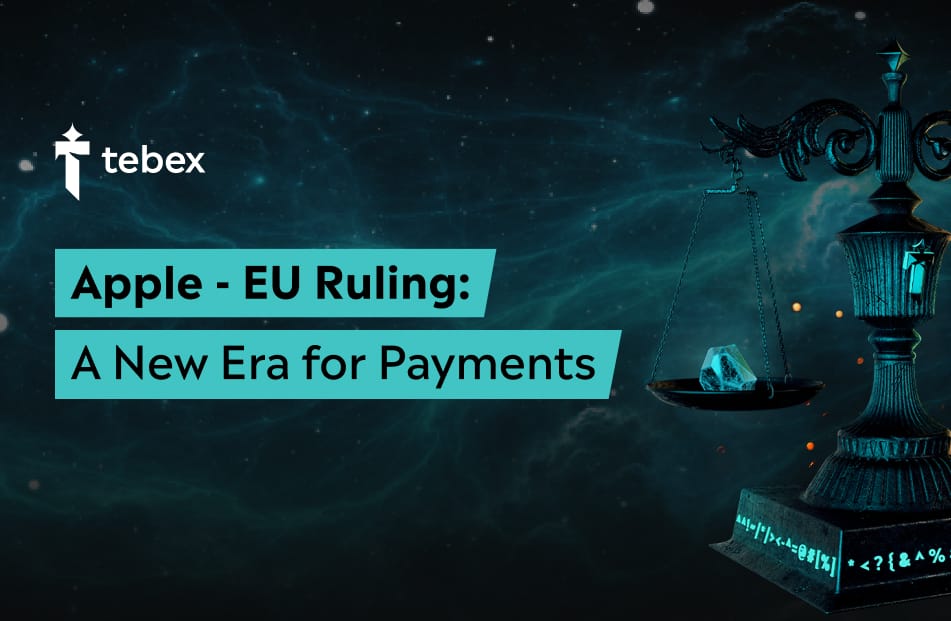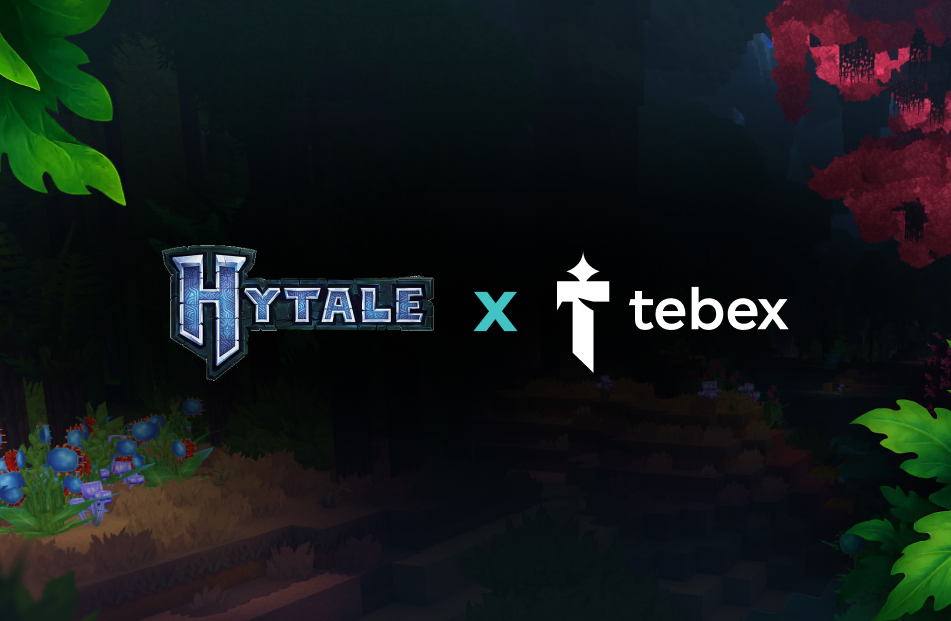Apple’s $568M Fine Isn’t Just a Legal Ruling – It’s a Signal to Game Studios
The EU’s €500M fine against Apple is reshaping how game studios earn through D2C channels - read what studios need to do next.

On April 22, the European Union fined Apple €500 million ($568M) for violating the Digital Markets Act (DMA). The tech giant was found guilty of restricting app developers from informing users about alternative (often cheaper) payment options outside the App Store, a direct breach of the DMA’s anti-steering provisions.
Although this may seem applicable only to mobile apps, it represents a much broader shift that will impact every part of the digital economy, especially in game development.
The EU’s decision strengthens the new era of gaming payments on mobile: that platforms can no longer prevent developers from directing users to their own payment systems. For studios, this means greater control over their revenue and a much clearer path to building deeper, more direct relationships with their players.
A New Era for Payment Options
For many years, developers were blocked from linking their webstores in the game or app, even when their D2C platforms benefited players with better prices and additional payment methods. This made it significantly harder to convert players and forced studios to rely heavily on external marketing to drive traffic.
As the European Commission stated, “Consumers cannot fully benefit from alternative and cheaper offers as Apple prevents app developers from directly informing consumers of such offers.”
With this ruling, platforms in the EU must allow studios to communicate with players about cheaper or alternative ways to pay, even if those options are outside the App Store or other storefronts.
Game studios are no longer required to drive webstore traffic through external marketing alone. In regions where this applies, developers can now link directly to their store from within the app or game itself, removing one of the biggest barriers to webstore conversion.
Why This Matters for Game Studios
The implications of the ruling open a strategic path for game studios to establish more direct and profitable monetization models, all on their own terms. With the freedom to guide players to their own stores, studios can now take full control over the entire purchasing experience.
Every element of the store from visual identity to exclusive offers, is now up to the studio and can be controlled by the very same teams who craft the game itself, delighting players and deepening the relationship between player and game creator.
There is also the clear financial advantage of bypassing platform fees. Avoiding charges like Apple’s hefty 30% commission allows studios to retain more of their revenue, which can be reinvested in development or turned into stronger incentives for players.
As the Commission emphasized: “Due to a number of restrictions imposed by Apple, app developers cannot fully benefit from the advantages of alternative distribution channels outside the App Store.”
In a competitive gaming landscape, the advantages offered by a third party payment option can have a meaningful impact on revenue and brand.
What Studios Should Consider
With increased freedom comes the responsibility to build sustainable, player-first monetization strategies that can operate independently of platform constraints.
This is the moment for studios to focus on the checkout experience outside the game. That means evaluating everything from webstore readiness and payment processing to how promotions and community engagement will be handled beyond the platform ecosystem.
It is also a good time to rethink the player journey. A direct store is more than just a checkout page—it is a touchpoint between the studio and its player base, and when done right, it reinforces brand identity and creates meaningful long-term value beyond a single transaction.
Weighing Speed Against Ownership: The Build vs Buy Dilemma
There is quite a big difference between spinning up a checkout flow and running a fully functional, revenue-driving webstore. While building a webstore in-house may sound manageable, it quickly becomes a cross-functional challenge that demands resources from product, legal, engineering, payments, and marketing teams.
A fully operational webstore requires expertise in
- Billing and invoicing
- Tax compliance
- Legal and regulatory needs, like GDPR
- Payment security, chargeback protection, and fraud prevention
- UX and revenue-optimization
- Payment method support, multiple-currency support, and a slew of other payment network capabilities players expect in 2025
Not to mention, all of the above also requires a system for continuously updating payment options, adding new regional methods, and adapting to shifting regulations and player behavior.
While building internally may seem appealing, it often comes at the cost of pulling designers and developers away from the game itself. In contrast, partnering with a payment solution built specifically for gaming payments, like Tebex, studios can exponentially accelerate time to market and ensure their webstore is optimized from day one.
Beyond technical infrastructure, the right partner also brings insights into how to promote and grow the store over time, helping studios realize the full revenue potential of their new channel.
Ready to Take the Lead in D2C Monetization?
The EU x Apple fine is part of a broader shift in how payments are handled across gaming platforms, reflecting a growing trend toward flexibility and greater control for creators. (For another example, see Google’s Play Store settlement).
Studios that prepare properly now stand to capture more value, strengthen their connection with players, and future-proof their monetization strategies. But the decision to build or buy isn’t only about cost or developer hours. It’s about speed, scale, and the ability to unlock new opportunities with the right partner.
Interested in launching a webstore that unlocks additional revenue streams and that your players will love? Check out Tebex’s demo store and get in touch with Tebex today to create your own direct to consumer webstore.


